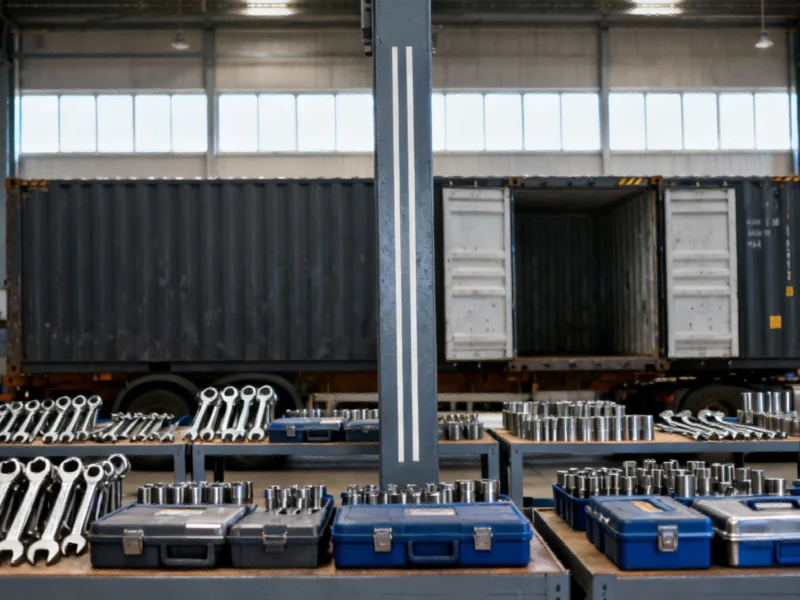New Fiscal Realities Emerge in Post-Brexit Britain
The British government has dramatically shifted its economic narrative in recent weeks, with senior ministers now openly attributing long-term economic damage to the Brexit deal. This represents a significant departure from previous political caution around discussing Brexit’s economic consequences, particularly from the Labour party which had been reluctant to emphasize such arguments until its conference last month.
Chancellor Rachel Reeves’ positioning of Brexit as a primary factor in the UK’s economic challenges marks a strategic pivot that aligns with broader industry developments in economic policy formulation. The government’s new stance was articulated in high-level global economic forums including the G7, where representatives from China, India, and European central banks reportedly received the arguments without surprise, suggesting international consensus on Brexit’s economic impact.
Budget Implications and Productivity Concerns
With the November 26 Budget approaching, the government is expected to frame necessary fiscal measures—likely including tax increases—as responses to a significant downgrade in long-term UK productivity. The Office for Budget Responsibility is anticipated to provide detailed analysis connecting this productivity decline to post-Brexit economic adjustments when it publishes its forecast alongside the Budget.
External economists have identified multiple factors contributing to this economic reassessment, including reduced investment following referendum uncertainty and underperformance in goods trade. This economic recalibration comes as the UK government explores new negotiating positions for the Brexit “reset”, considering eliminating most post-Brexit checks on food and agricultural trade while helping manufacturers access European defense budgets.
Taxation Challenges in a Transformed Economy
The chancellor faces complex fiscal decisions after implementing £40 billion in annual tax increases during her first Budget last November. Despite previous assurances that further tax hikes wouldn’t be necessary, the government now confronts what analysts describe as another significant repair job to public finances.
This fiscal challenge emerges alongside transformative global economic shifts that are reshaping international trade relationships. European ministers have encouraged ambitious approaches to the upcoming Brexit renegotiations, emphasizing the importance of mitigating impacts from trade conflicts developing in other global regions.
Political Divisions and Alternative Visions
The Conservative party has established a clear contrasting position, pledging to reduce public spending by £47 billion annually through cuts to welfare, civil service operations, and foreign aid should they win the next election. This fundamental disagreement over economic strategy highlights how Brexit continues to shape Britain’s political landscape years after the initial decision.
Meanwhile, the government’s new emphasis on Brexit-related economic challenges coincides with important technological framework developments that could influence future economic resilience. As businesses adapt to new trading realities, the integration of advanced systems becomes increasingly crucial for maintaining competitiveness.
Broader Economic Context and Future Directions
The renewed focus on Brexit’s economic impact occurs within a rapidly evolving global technological landscape, where artificial intelligence platforms are transforming market dynamics. This technological transformation presents both challenges and opportunities for the UK economy as it navigates its post-Brexit identity.
Economic analysts note that while goods trade has underperformed expectations, services trade has remained robust, and the UK has gained new freedoms to establish independent trade agreements worldwide. This mixed performance reflects the complex nature of modern economic systems where traditional trade metrics don’t always capture full economic relationships.
The government’s approach to these challenges will be closely watched, particularly as businesses seek clarity on how scalable technological solutions can help navigate new trade barriers and opportunities. The coming months will prove critical in determining whether the UK can develop economic strategies that effectively address both the acknowledged challenges and potential advantages of its post-Brexit position.
This article aggregates information from publicly available sources. All trademarks and copyrights belong to their respective owners.
Note: Featured image is for illustrative purposes only and does not represent any specific product, service, or entity mentioned in this article.



